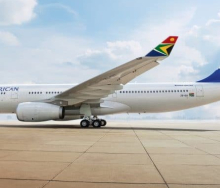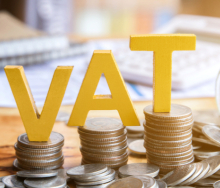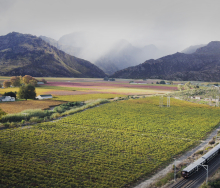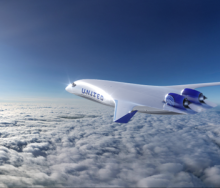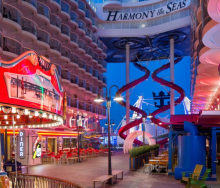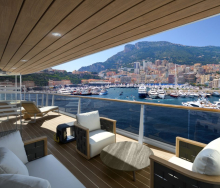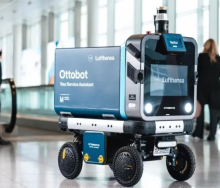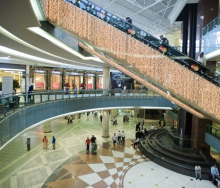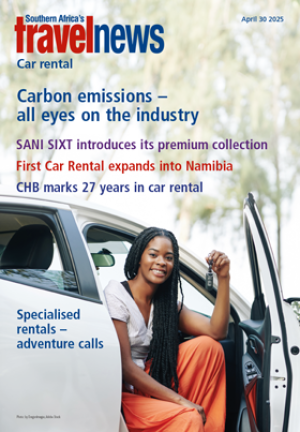A major solar power plant has been installed at Mhondoro Safari Lodge and Villa in the Welgevonden Game Reserve. It supplies all the power required to fully operate the lodge, taking it off the grid.
The solar power installation consists of 620 solar panels and batteries to supply all the power required by the 24-sleeper luxury lodge in the Limpopo Waterberg.
This is reportedly one of the largest solar operations at a safari lodge in South Africa and ensures Mhondoro is now self-sufficient in terms of all its electricity requirements.
CEO Fritz Breytenbach said the travel industry was heavily impacted by Eskom’s energy crisis.
“The only way for us to continue attracting well-heeled local and international travellers is to make sure that we literally keep the lights on. In the luxury travel and safari industry especially, guests expect a certain level of service, and it goes without saying that all lodge facilities and amenities should be available to guests and in working order – whether there is load shedding, or not,” Breytenbach said.
“We are proud of the fact that everything we do here at Mhondoro is based on environmentally safe principles. Internationally there is a lot of talk about so-called greenwashing, but this capital investment in our solar plant is another tangible example of the vision of the Dutch owners, Frank and Myriam Vogel, to further reduce the carbon footprint of the lodge,” Breytenbach added.
Various other eco-friendly initiatives have been put in place at Mhondoro, including the installation of a grey water filtration system for irrigation around the lodge.
Mhondoro operates its own water purification plant that produces drinking water fresh from the surrounding Waterberg mountains, and uses glass decanters and personalised steel water bottles for guests to minimise the use of single-use plastic water bottles.
All glass, paper and plastics are recycled, and Mhondoro has an agreement with Nespresso to recycle used coffee pods and grinds.
Furthermore, guest check-in is done digitally to reduce the use of paper, and re-usable leather wallets are used for staff gratuities that save 2 000 paper envelopes per year.
Mhondoro produces as much of its own fresh produce as possible. The owners purchased two derelict farms adjoining Welgevonden Game Reserve, of which a section is used to grow fruit, as well as vegetables and herbs in two greenhouses.
A chicken coop was also established to supply farm-fresh eggs for use at the lodge. The balance of the 2 400 hectares of farmland is being rehabilitated to become protected wilderness areas.

